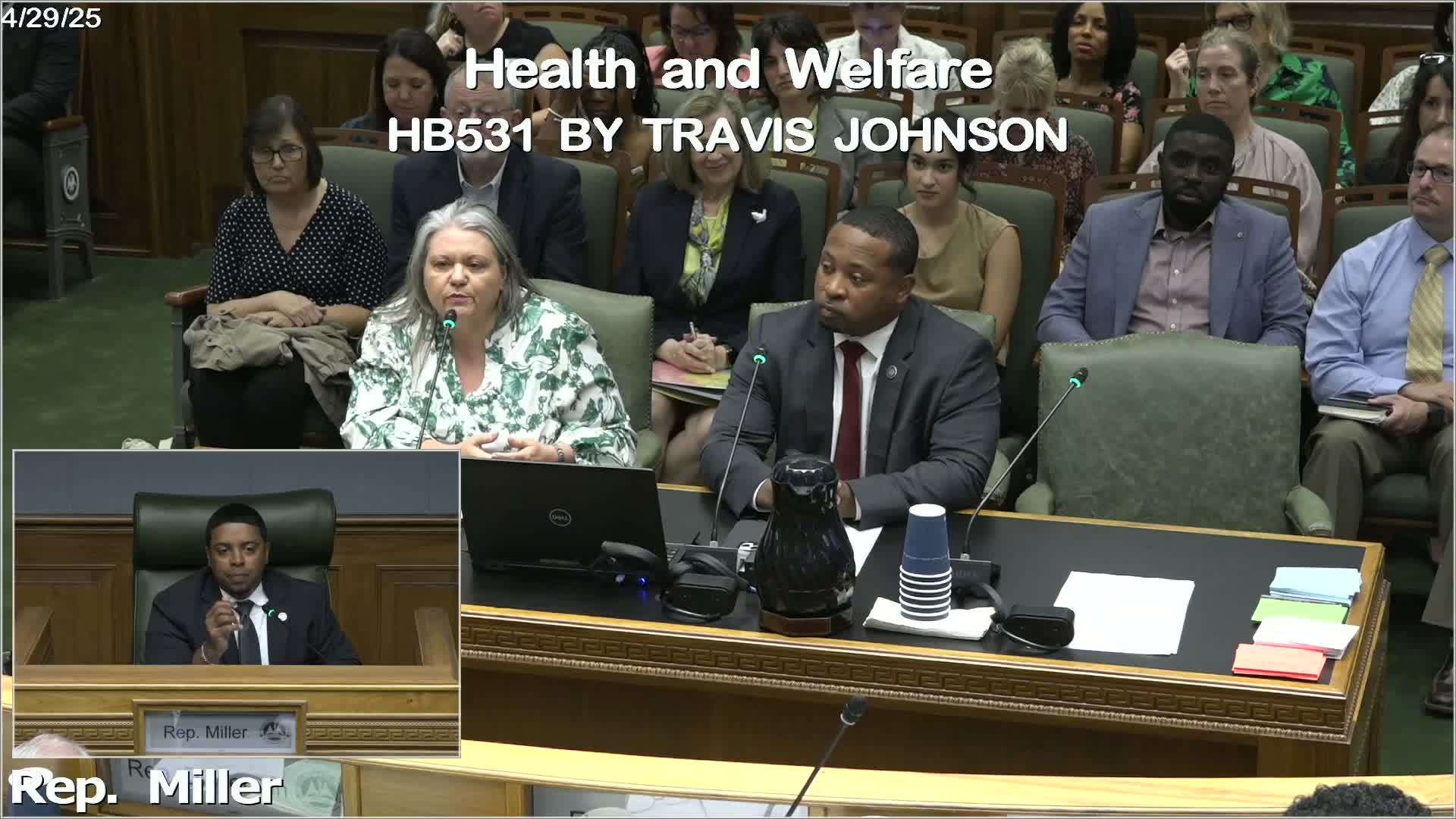Article not found
This article is no longer available. But don't worry—we've gathered other articles that discuss the same topic.
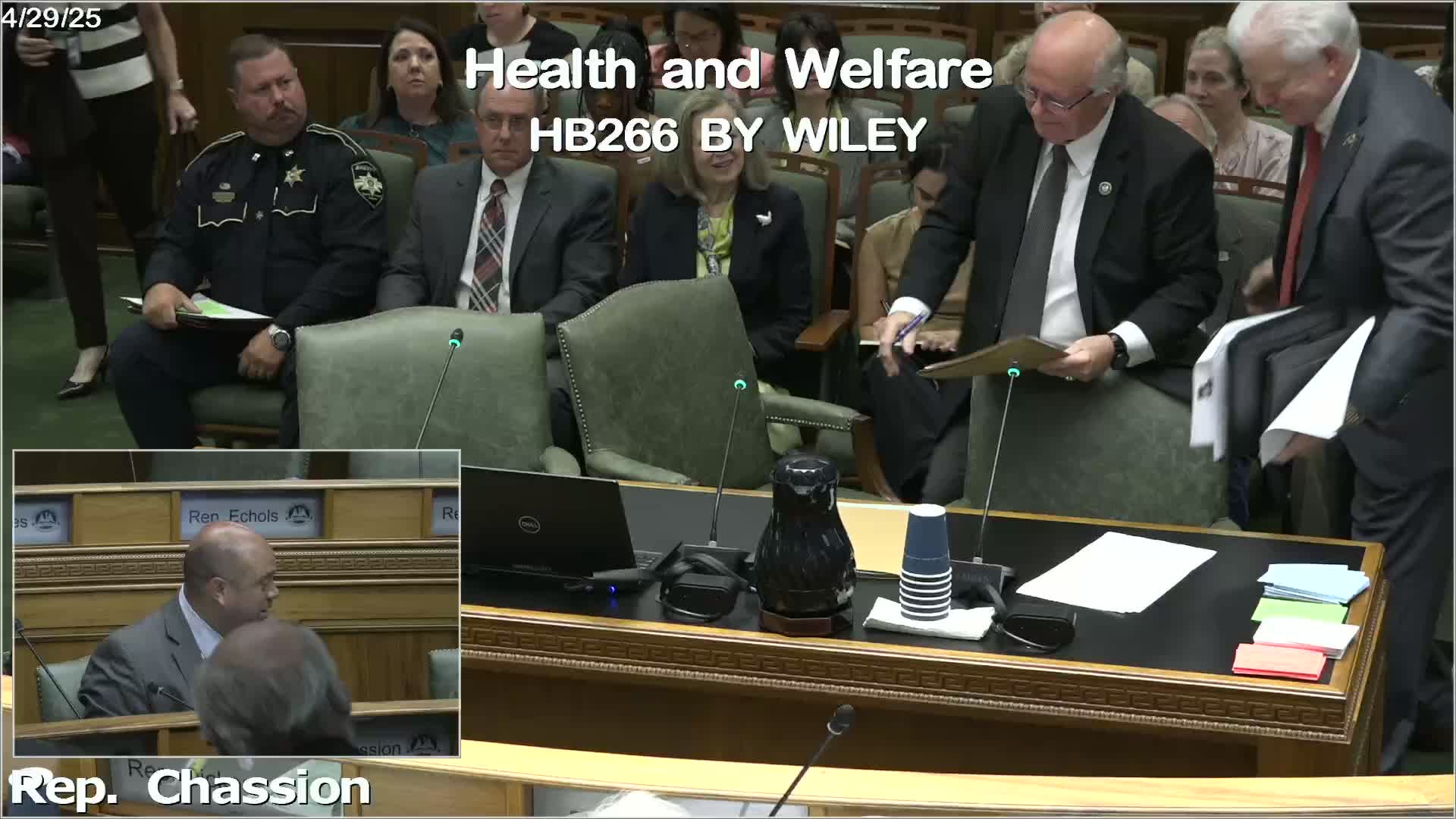
Committee clears bill allowing school resource officers to accept mandatory reports of child abuse
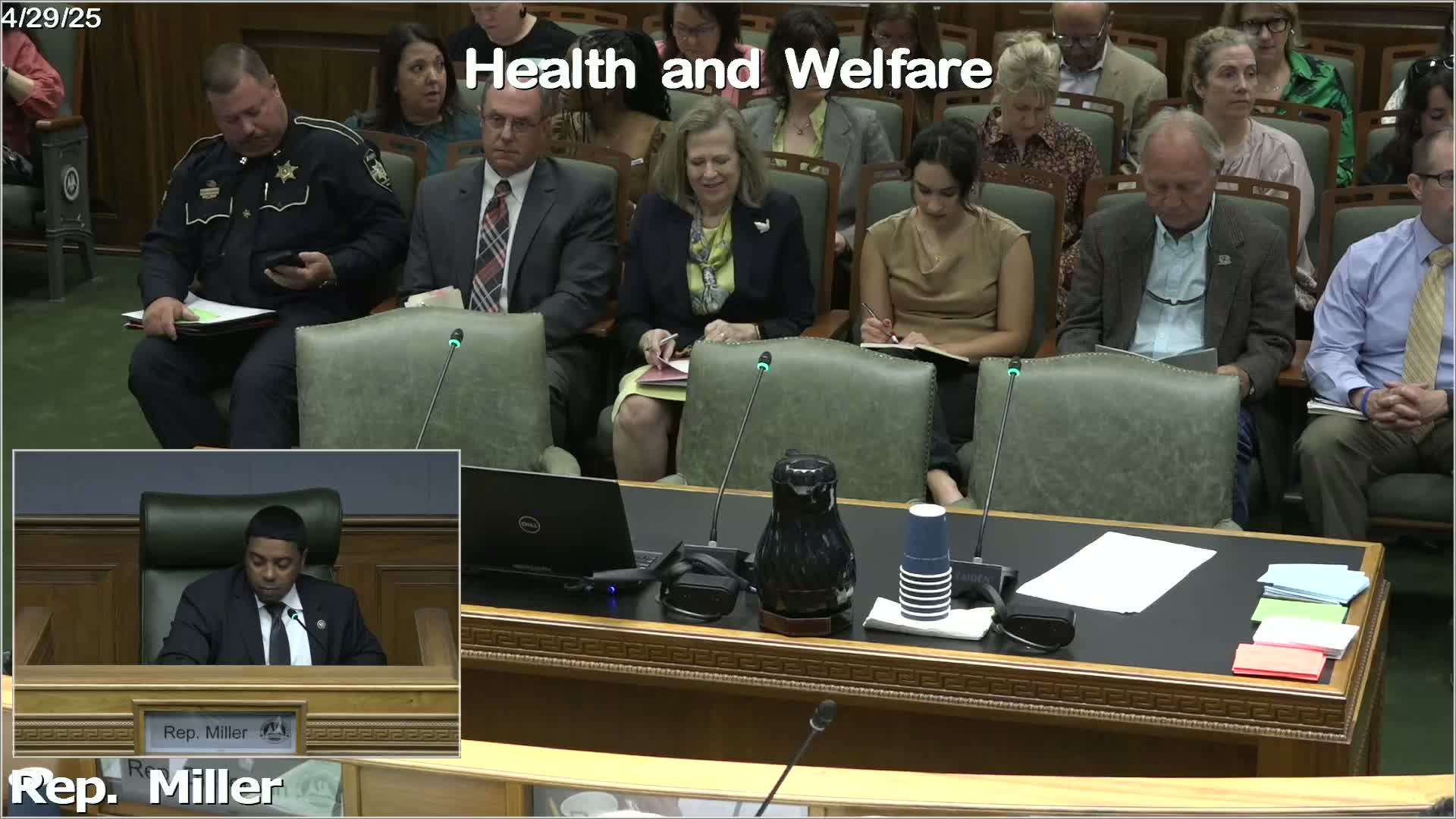
House panel advances bill to raise nursing-home personal-needs allowance from $38 to $50
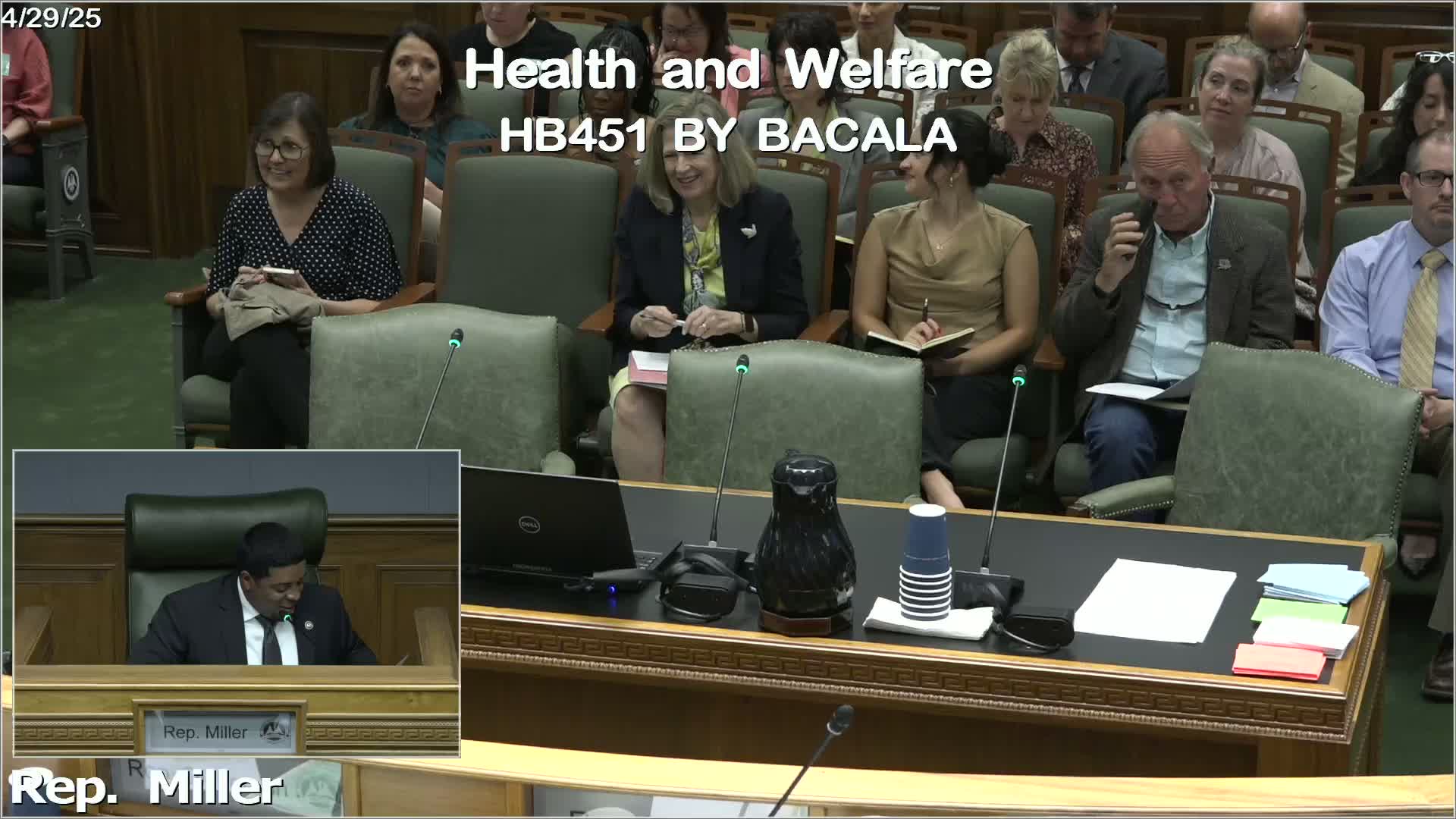
Committee advances bill to create a uterine-fibroids advisory commission; adds Ochsner representative
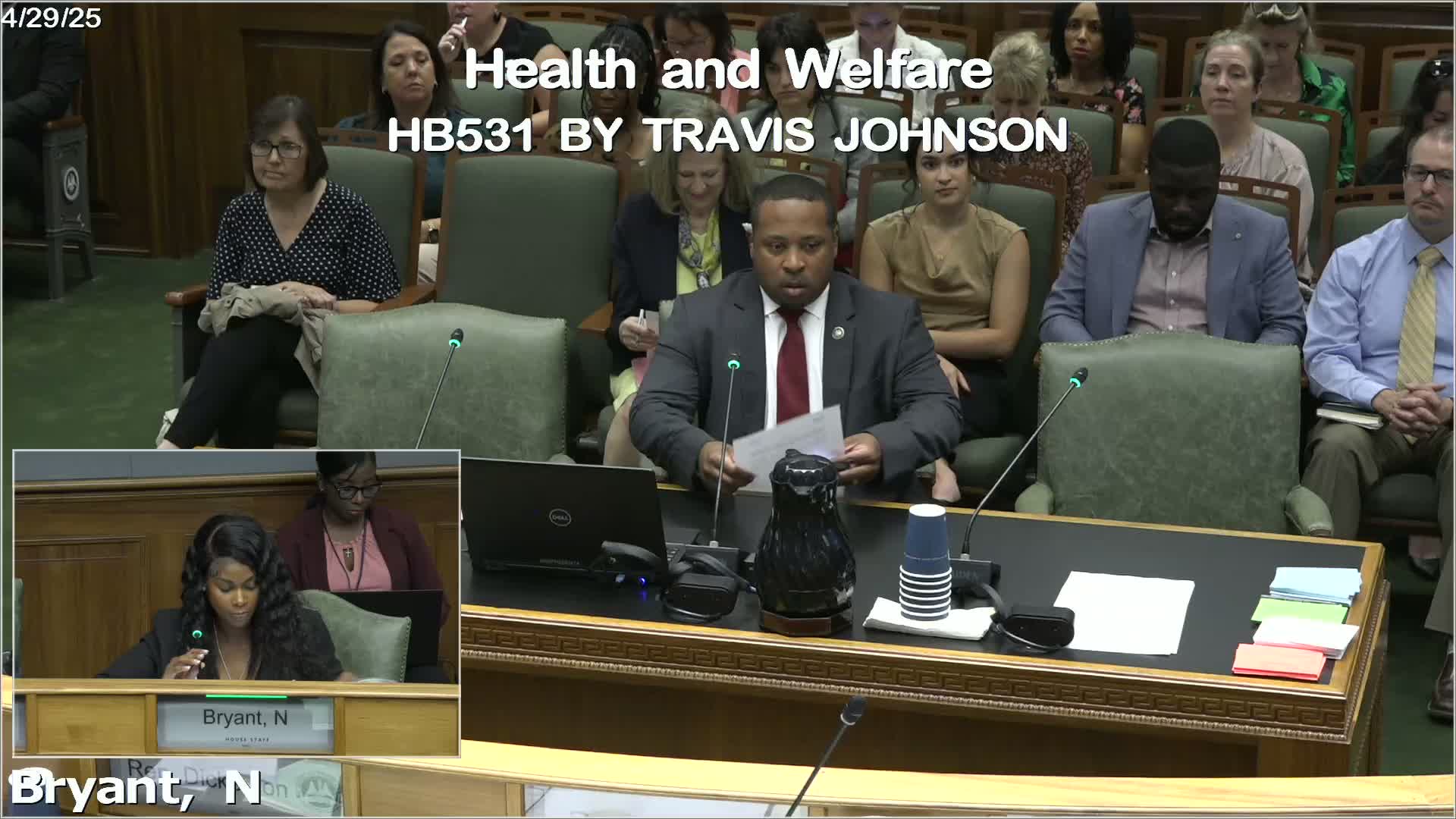
Committee defers bill to require hospitals to offer forensic sexual-assault exams as lawmakers and providers discuss staffing and coverage
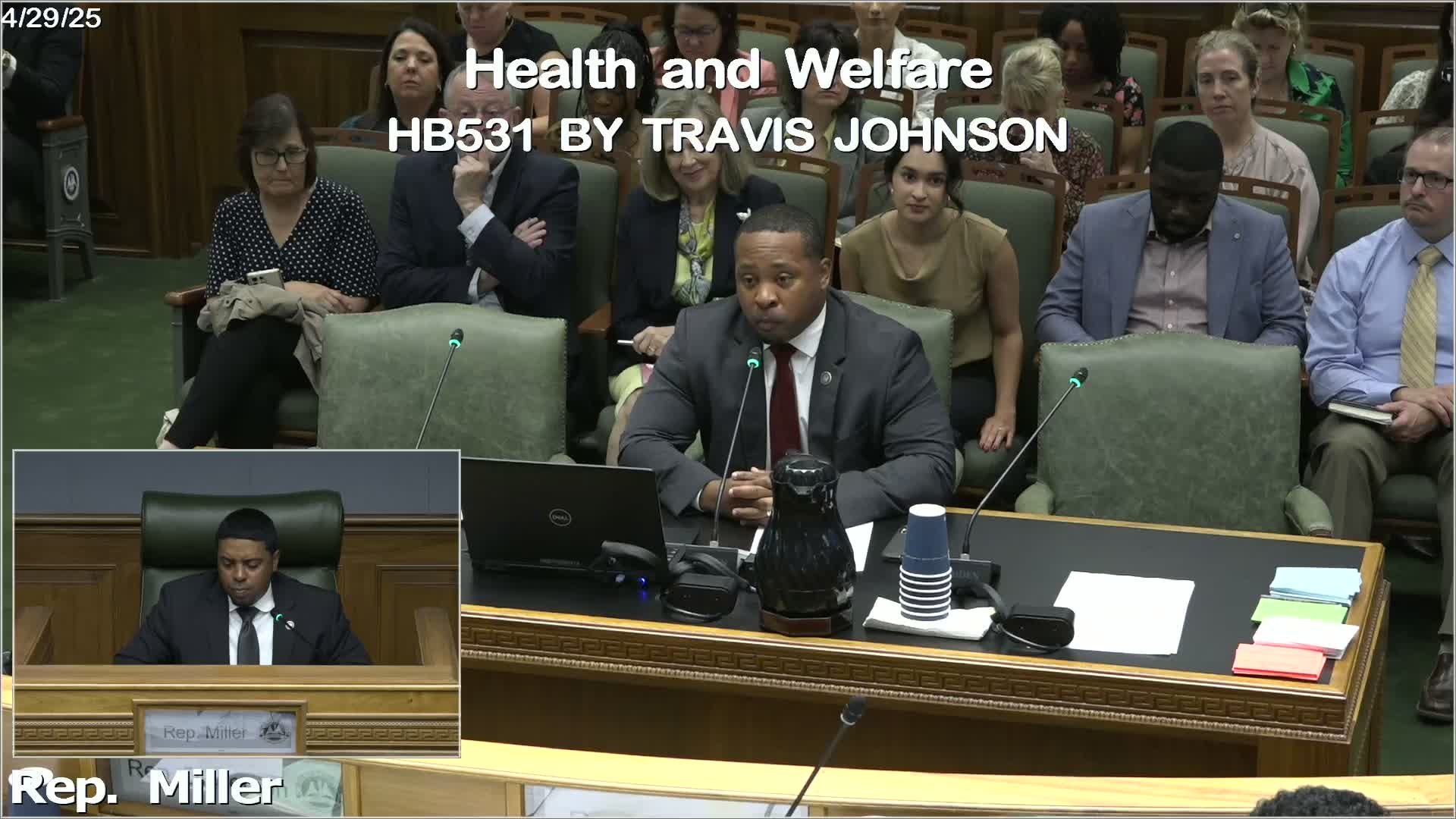
Committee defers bill to require parental consent for most minor medical treatments amid broad stakeholder concern
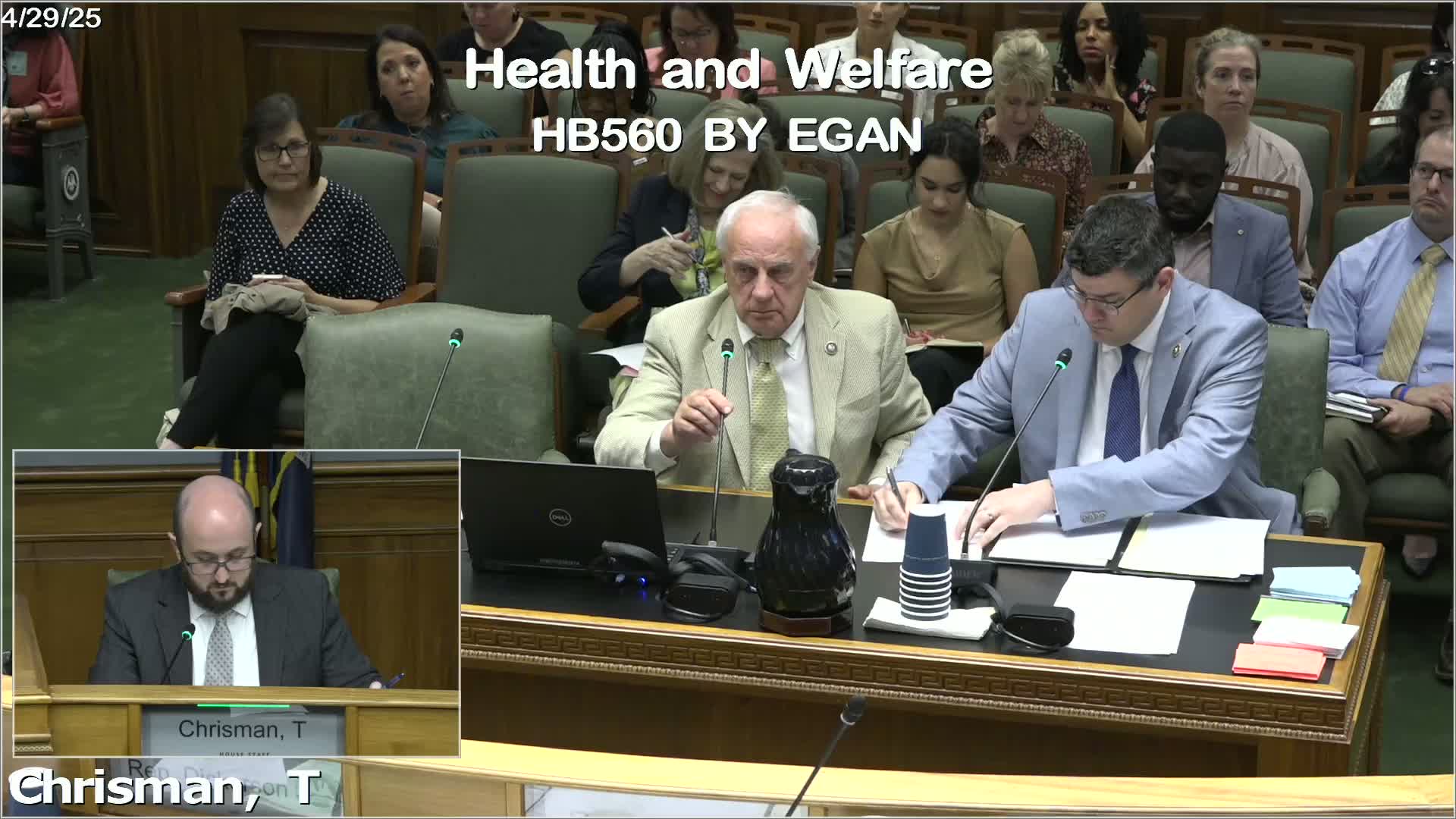
Committee approves cleanup to align state false-claims law with federal rules, aiming to increase recoveries
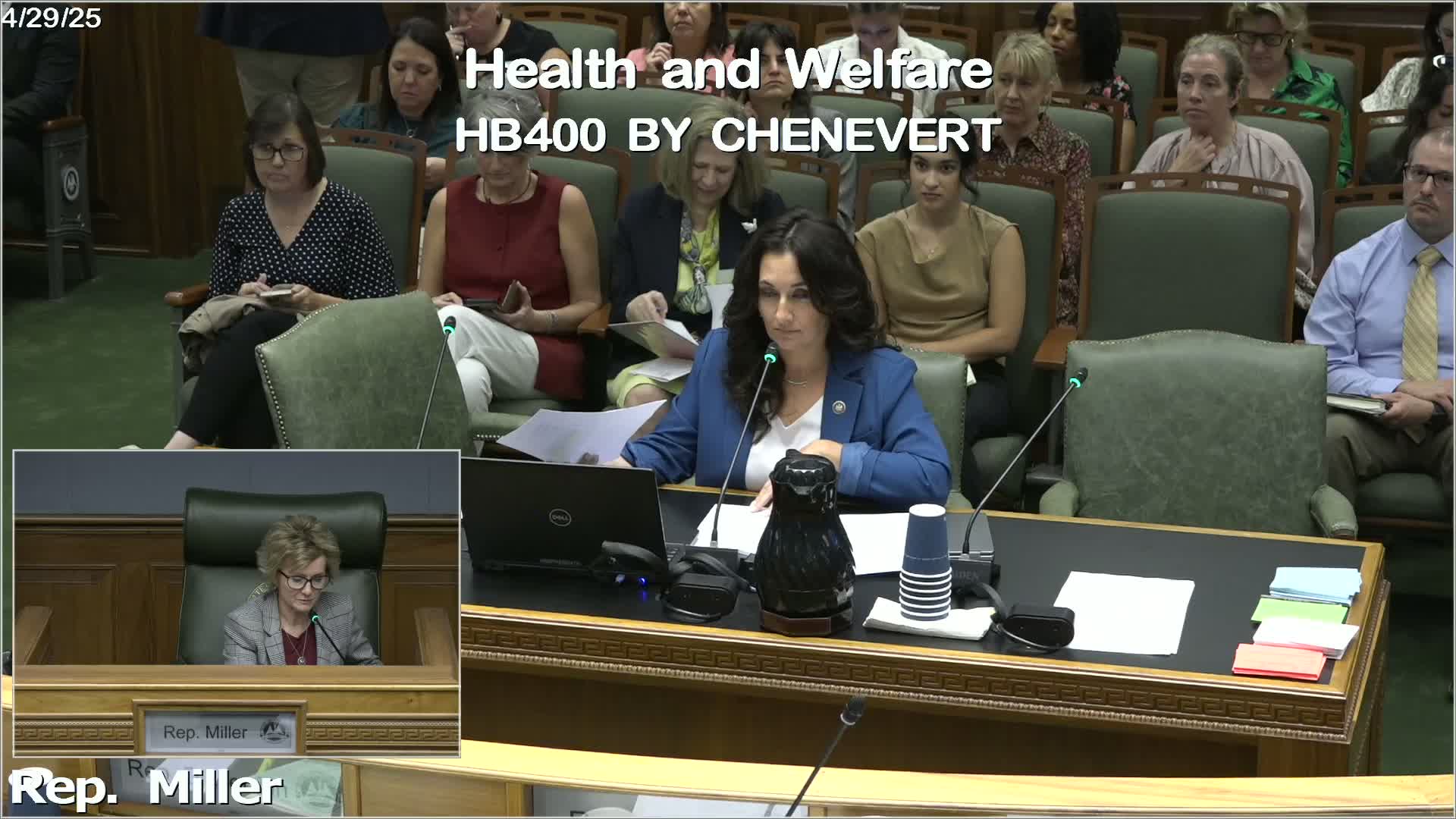
Broad testimony, deep concerns prompt deferral of bill to realign oversight of human service districts
